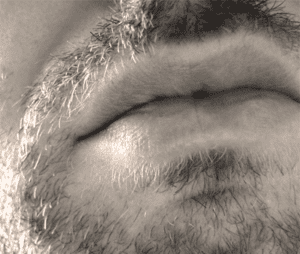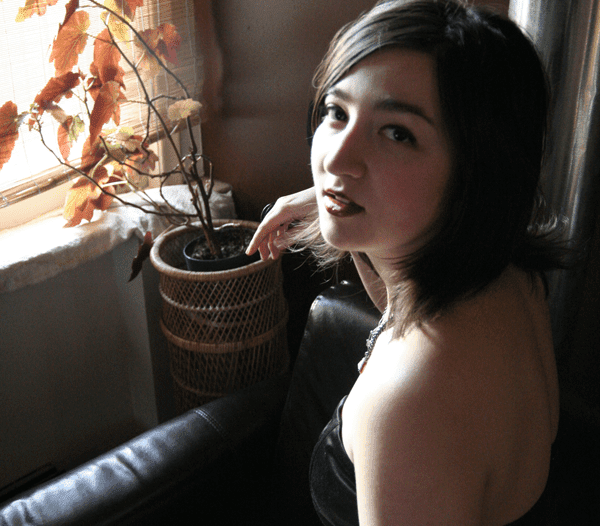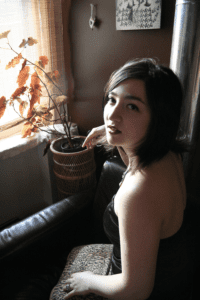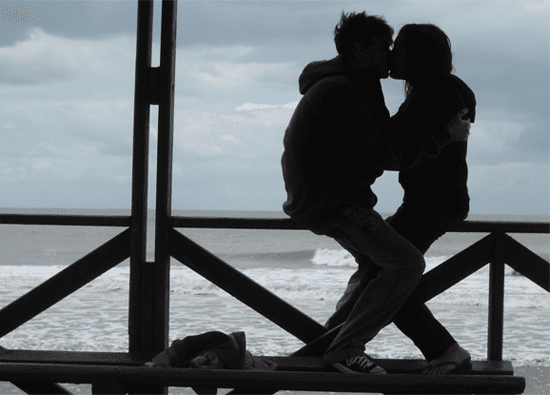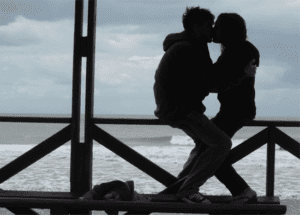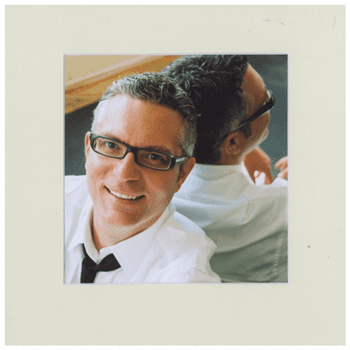
Tell us about yourself.
I was born in Stratford, Ontario, forty-four years ago, to parents who were recent immigrants to Canada from Northern Ireland. From as soon as I learned handwriting, I’ve been writing stories. It was never seen as a potential career, it was just something I did because I liked it, and because it afforded me a special privacy, a safe place from the bruises and shames of everyday life. Somewhere along the line, I wrote a novel which was published in a lot of places and I’ve been writing novels full-time since then. These days I live in Toronto with my family, and silently pray for things to stay as they are as much as possible.
When did you realize you had a passion for writing?
Even though I have three brothers and a sister, because I was youngest of the bunch by a number of years, I was a de facto only child growing up. They say isolation and/or illness are great motivators for writers, and I don’t know if that’s true, but having few playmates in my first years certainly forced me to entertain myself. For me, that entertainment was always storytelling. Fake radio shows, monster movies, DIY hardcovers. I was a one-kid content provider. As for the “why,” I’d say it was the simple pleasure of the thing. It’s still the reason I do it.
What pieces of writing/authors have had the greatest impact on you?
The Turn of the Screw by Henry James. The Shining by Stephen King. The Progress of Love by Alice Munro. Heart of Darkness by Joseph Conrad. The Information by Martin Amis. But these are only off-the-top-of-my-head today. Ask me tomorrow and you’d get a different (though no less true) answer.
How and when do you find time to write?
I’m lucky enough to be able to write fiction full-time, so I just go up to my home office, Monday to Friday, and wrestle with sentences.
What has been some of the biggest challenges you’ve faced as a writer?
Oh, the usual. Rejection, rejection, no job security, rejection, dumb reviewers, rejection, severe income drops, rejection and, often, rejection. It’s not a great job for those who are sensitive to or over-analyze every—wait for it—rejection.
How have you changed as a writer over the years?
I’m more of a planner, an idea-tester, a concept teaser. Sentences remain a primary concern, but I feel like I’ve largely found my way when it comes to the lines and how to build them (this took a long time though!) As I go along, the book’s architecture, its concept, its “way in,” takes up more of my head space than it used to.




